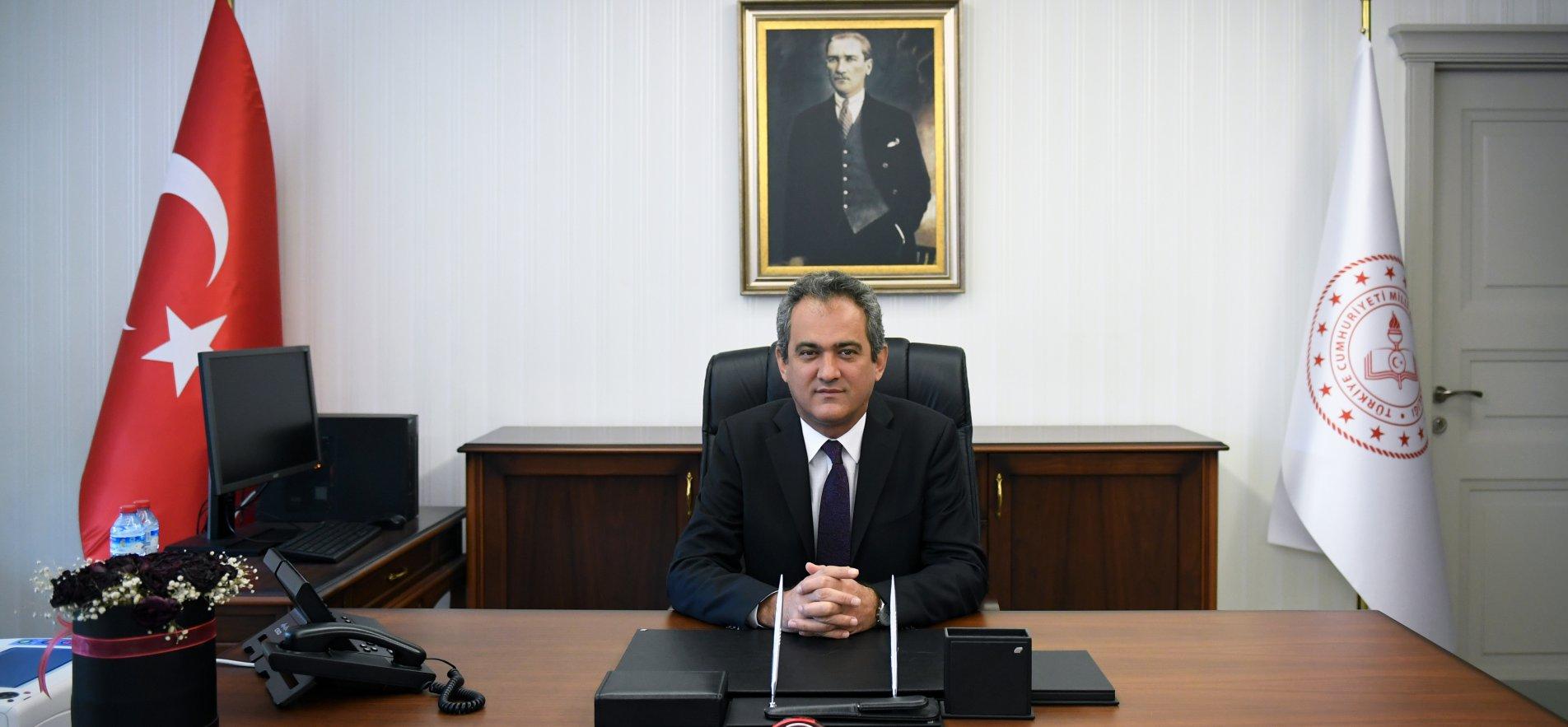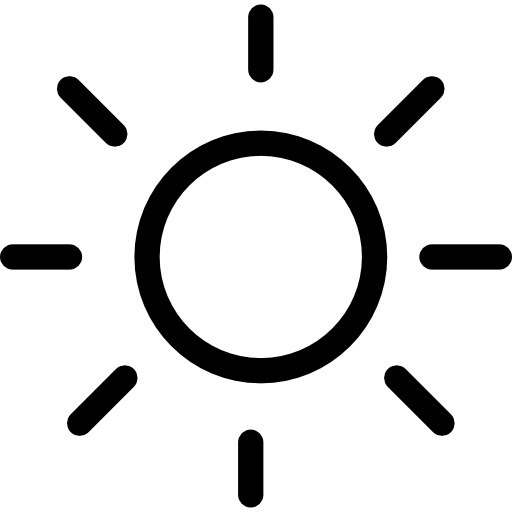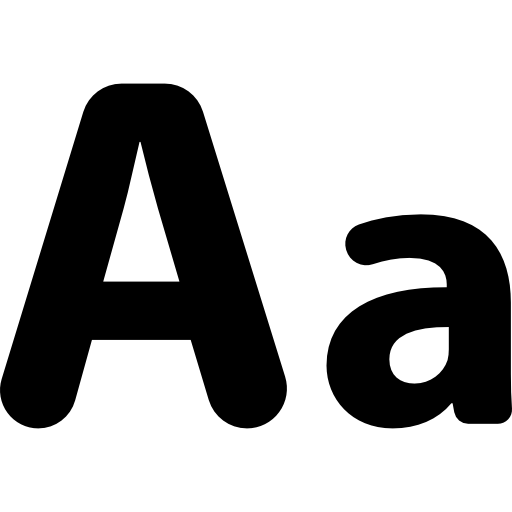Deputy Minister of National Education Mahmut Özer answered questions about the results of the Trends in International Mathematics and Science Study (TIMSS) 2019 for Turkey during an interview with a newspaper. Here are the excerpts from the interview:
Journalist: Results are very promising for Turkey. Can you give us brief information about the TIMSS?
Deputy Minister Mahmut Özer: Thank you. As you know, TIMSS is an international study conducted every four years by the International Education Assessment Institute (IEA). TIMSS evaluates the success of 4th and 8th grade students in mathematics and science and different from PISA assessments, it is based on curriculum. Turkey has been attending TIMSS studies since 1999.
Journalist: Is ranking or points important in such studies?
Deputy Minister Mahmut Özer: Important thing is the improvement in the points. Of course, ratings are important, too as rise in the points causes increase in the rankings. However, there is another important aspect of such studies. For example, ratio of students in higher and advanced competence levels is very important. It is necessary to make comparison about the student ratios in competence levels among countries. Another important parameter is the relation between the socio-economic level of students and the ratio of students who failed to reach competence levels. Moreover, success differences between different regions of the country are also important.
Journalist: Does the rise in the points reflect to the rankings?
Deputy Minister Mahmut Özer: Yes. There has been important rise in Turkey's rankings. For example, Turkey's ranking in 8th grade mathematics level which was 24 in 2015 rose to 20 in 2019; in science level Turkey was ranking 21 in 2015 and this figure increased to 15 in 2019. Turkey was more successful than 18 countries in mathematics and countries like Norway, Sweden, Portugal and Italy showed similar performances.
Journalist: Then, let's talk about rankings. What is the change in Turkey's points when compared to previous years?
Deputy Minister Mahmut Özer: Turkey achieved important increase in points. For the first time, Turkey ranked above average score (500 points) which is accepted as the fixed success measure in the 4th grade level. In 8th grade level, Turkey ranked above the average in science and reached the average in mathematics. In other words, Turkey's average point in 4th grade mathematics which was 483 in 2015 rose to 523 in 2019. Turkey's 4th grade science which was 483 rose to 528. In a similar way, Turkey's 8th grade mathematics point which was 458 in 2015 rose to 496 and the 8th grade science point which was 493 rose to 515 in 2019. For the first time, Turkey's points exceeded 500 in two fields. Improvement was seen in all regions.
Journalist: Does this improvement reflect to the ratio of students in higher competence level?
Deputy Minister Mahmut Özer: In addition to all these improvements, there is achievement in the ratio of students in the higher competence level, too. Turkey left Italy, Norway, France and New Zealand behind in the ratio of students in the advanced competence level. Turkey ranked 23rd in 4th grade mathematics among 58 countries in 2019 and ranked 19th in 4th grade science. Turkey was more successful than Italy, Portugal, France and Belgium. Ratio of students in higher and advanced competence level in Turkey is higher than its rankings based on points. For example, Turkey ranked 19th among 58 countries in success ranking in 4th grade science but the ratio of students with advanced competence level ranks 9th among other countries.
Journalist: Turkey achieved an important success in PISA 2018 results declared in December 2019, results of TIMSS 2019 are also very good. What do these results show about our education system? How do you evaluate these two results?
Deputy Minister Mahmut Özer: You know that we have been making big investments for education for the last decades. Improvements were made in many fields of education such as curriculum, number of students and schooling rate. We are talking about a system that gives education approximately 18 million students. Such a big system will definitely have some problems. Results of the Program For International Student Assessment (PISA) and TIMSS showed that improvement in education continues and it is spreading to the entire country. For example, OECD's PISA 2018 report revealed despite important increase in the number of 15 year old students between 2003 and 2018, Turkey is the only country that achieved biggest important improvement in mathematics literacy, science literacy and reading skill performances. In other words, improvement in Turkey's education is confirmed by international student assessment agencies. These results are promising for the future of the country."





























